Acknowledgement Poets and Writers Readings Series Grant This Event Is Funded
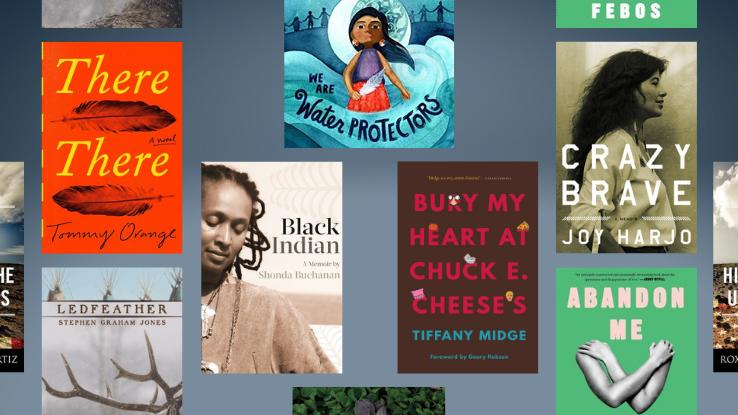
November is Native American Heritage Month and numerous states are participating in this observance. The National Congress of American Indians describes Heritage Month as "an opportune time to educate the general public well-nigh tribes" equally well as an occasion to admit past and present challenges that Indigenous people face. Moreover, Heritage Month highlights how "tribal citizens have worked to conquer these challenges" over the years.
President Joe Biden previously issued a proclamation ahead of Indigenous Peoples' Day, and he did the same at the cusp of Native American Heritage Calendar month. President Biden officially declared "November 2021 as National Native American Heritage Month." Federal support for America's Indigenous population is certainly appreciated, simply there are also numerous other ways to show support.
Attending rallies for Ethnic-led climate justice efforts, supporting the Country Back movement, and providing mutual aid funds to Indigenous-led organizations are too great ways to award Heritage Month. You can also brainwash yourself past reading the works of Indigenous authors and poets. Here, we've compiled a listing of must-read works by incredible writers. Of form, cocky-education isn't all virtually learning history; while understanding history from other perspectives is essential, these works, which range from coming-of-age memoirs to renowned poesy collections, capture the varied, nuanced experiences of Indigenous folks living in the present-day U.s..
"Crazy Brave," "How We Became Human" & More by Joy Harjo
Most likely, you're familiar with Joy Harjo because of her award-winning poetry. In fact, Harjo is serving her second term equally the 23rd Poet Laureate of the The states — and for good reason. From her acclaimed collection An American Sunrise to How We Became Human, Harjo's verse is essential reading.
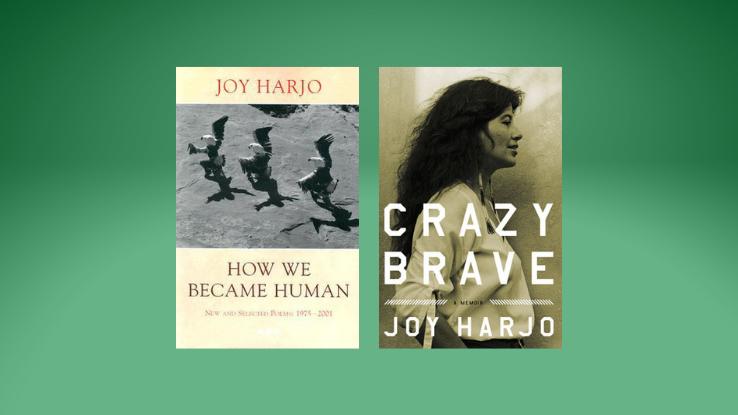
But the talented artist and performer has also penned ii incredible memoirs, Crazy Brave and Poet Warrior. "I think the story is the story of a lot of Native people and the story of a lot of women, she says, noting that Crazy Brave, in all its raw, dauntless beauty, was difficult to write. Informed by tribal myth and beginnings, Harjo'south memoir illustrates her journey of becoming a young artist, of reclaiming a lost spirituality and the "intricate and metaphorical linguistic communication of my ancestors."
Y'all may recall Tiffany Midge'due south "An Open Letter of the alphabet to White Girls Regarding Pumpkin Spice and Cultural Cribbing," a passage from her memoir, Bury My Heart at Chuck E. Cheese'due south. Equally the title of this excerpted work suggests, Midge is an incredible humorist — only she doesn't shy away from critique or commentary, either.
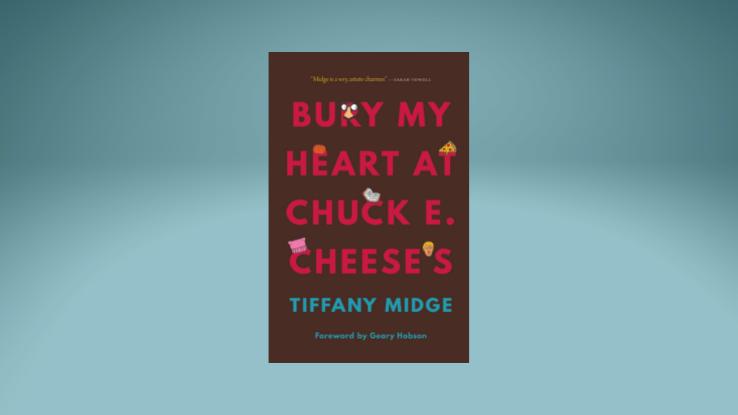
Bury My Heart at Chuck E. Cheese'southward is composed of standalone musings, but all of the passages add up to a unified whole, all while "driv[ing] a spear into the stereotype of Native American stoicism," as David Treuer, author of The Heartbeat of Wounded Knee, puts it. Honest, moving, and rife with satire, this book gives David Sedaris' best a run for its money.
"There At that place" by Tommy Orangish
Heralded equally 1 of the best novels of 2018 by The New York Times Volume Review, NPR, the San Francisco Chronicle and others, Tommy Orange's In that location There is a "brilliant, propulsive" (People Mag) bestseller. The volume centers on 12 characters, all of whom Orange calls "Urban Indians," living in Oakland, California.
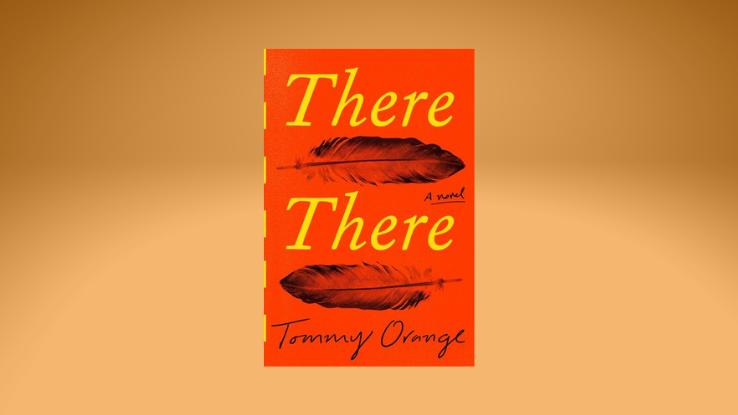
These characters' distinct stories (and lives) end upward colliding on one fateful twenty-four hours. Despite grappling with several centuries' worth of pain, Orange too infuses the text with humor and beauty. Without a uncertainty, At that place There is a modern classic — and most-incommunicable to put down in one case you start reading information technology.
"Abandon Me" by Melissa Febos
Winner of the Lambda Literary Jeanne Cordova Prize for Lesbian/Queer Nonfiction, Abandon Me centers on author'due south demand for connection. This incredibly vulnerable collection of memoirs sees Melissa Febos examining her ain journey of self-discovery, which is marked by both passion and obsession.
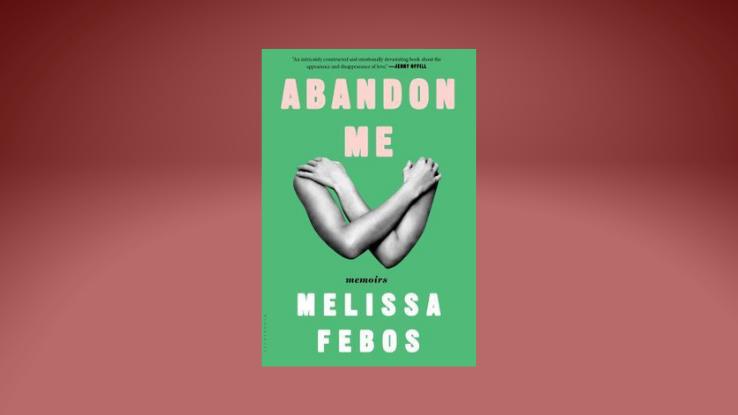
In reference to the titular story, The Chicago Review of Books notes that the "memoir is the map" — one that helps u.s. sympathise Febos, even if the on-page version of her is lost. In fact, Febos is particularly deft at exploring the simultaneous thrill and fearfulness that come up along with losing yourself in another person — or people.
"Black Indian" past Shonda Buchanan
For as long as Shonda Buchanan can recollect, she has cherished her multi-racial heritage. At the same fourth dimension, Buchanan and her family suffered — not just considering of America's ongoing racism and ostracizing attitudes, but because there was and so much they didn't know about their by.
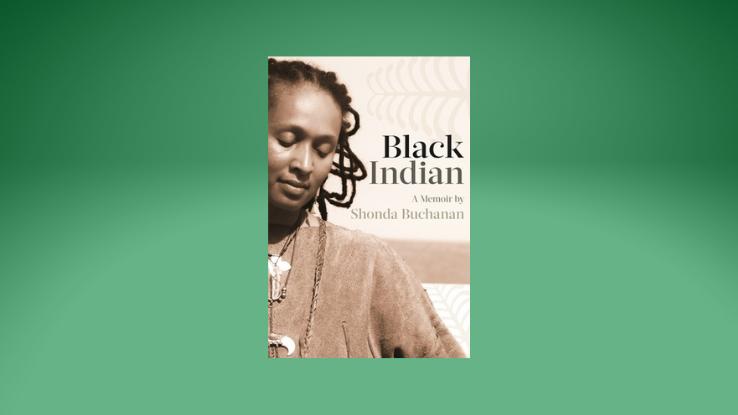
In this searing memoir, Buchanan digs into her family's past, exploring what it ways to be an African American person, an Indigenous person — and a Black Indigenous person. While her search for truth may not encapsulate the experiences of all biracial folks, Buchanan'south story deeply resonates due, in part, to its specificity and the fashion the author openly shares her lived experiences.
"We Are Water Protectors" by Carole Lindstrom
"Water is the first medicine," reads We Are Water Protectors. "It affects and connects united states of america all." Inspired by the myriad Indigenous-led movements happening across North America, this breathtaking picture book is a sort of telephone call to action, wrapped in lyrical prose and watercolor illustrations crafted by #OwnVoices writer Carole Lindstrom and artist Michaela Goade.
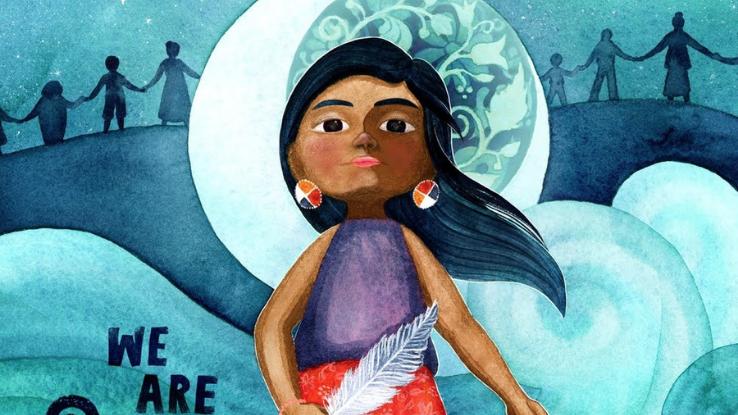
Booklist notes that the book was "written in response to the structure of the Dakota Access Pipeline [and] famously protested by the Standing Stone Sioux Tribe" and that "these pages carry grief, but it is overshadowed by hope in what is an unapologetic call to activeness." No matter one'southward age, We Are H2o Protectors is a must-read, one that gets to the centre of the things that affair and puts Indigenous ideas, groups, creators and leaders rightfully at the center of the move to safeguard our planet from human-caused climate change and destruction.
"Equally Long As Grass Grows: The Indigenous Fight for Environmental Justice, From Colonization to Standing Rock" by Dina Gilio-Whitaker
While Indigenous activists have always led the fight for climate and ecology justice, their efforts accept get more widely acknowledged past media, the federal regime and allies. From the Standing Rock protest to #StopLine3, these fights are far from over — and they're happening all beyond the state.
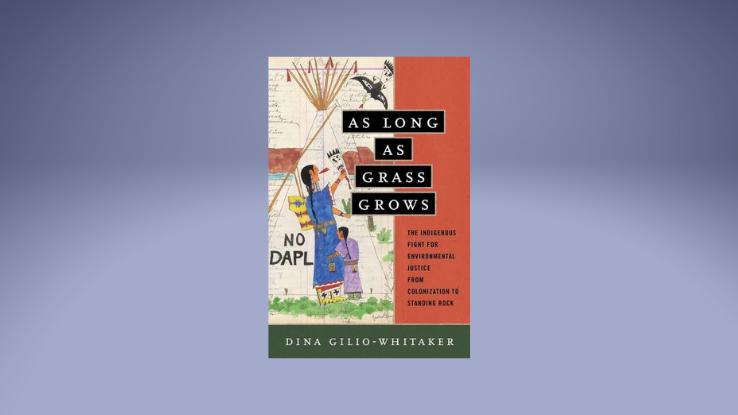
Inspired by these fights, Indigenous researcher and activist Dina Gilio-Whitaker authored Every bit Long as Grass Grows: The Indigenous Fight for Environmental Justice in 2019. In the text, Gilio-Whitaker explores the means the federal government has violated tribal treaties, destroyed the state it stole, and made nutrient and water inaccessible to many native peoples. Additionally, the book highlights the leadership of Indigenous women in these fights for environmental justice.
"Eyes Bottle Dark with a Mouthful of Flowers" by Jake Skeets
Selected as the Best Poetry Volume of 2019 by the likes of Electric Literature, Entropy Mag, Auburn Artery and others, Eyes Canteen Dark with a Mouthful of Flowers is a masterful collection. The publisher calls Jake Skeets a "dazzling geologist of queer eros" — and that certainly feels like an apt description.
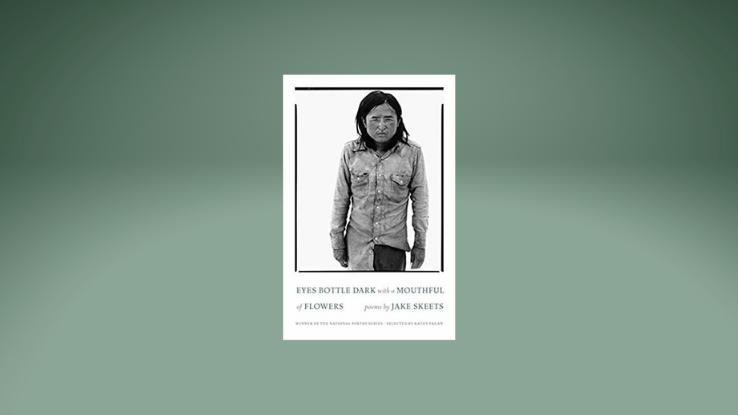
In the book, "Drunktown, New Mexico" has been shaped by violence — not simply the violence that occurs there, just the violence done to it. Skeet writes that "the closest men become is when they are covered in blood / or nothing at all" in this boondocks. This committed portrait of a place that'southward been ravaged and forgotten also highlights the resilience of the people who live there — and the desire to reclaim what's been taken.
"The Beadworkers: Stories" past Beth Piatote
Chosen a "poignant and challenging look at the way the past and present collide" by Kirkus Reviews, Beth Piatote'due south debut story collection, The Beadworkers, is set in the Native Northwest. From the Battle of Wounded Knee to the Fish Wars of the 1960s, many of the stories in the collection stem from, or meditate on, events from the past.
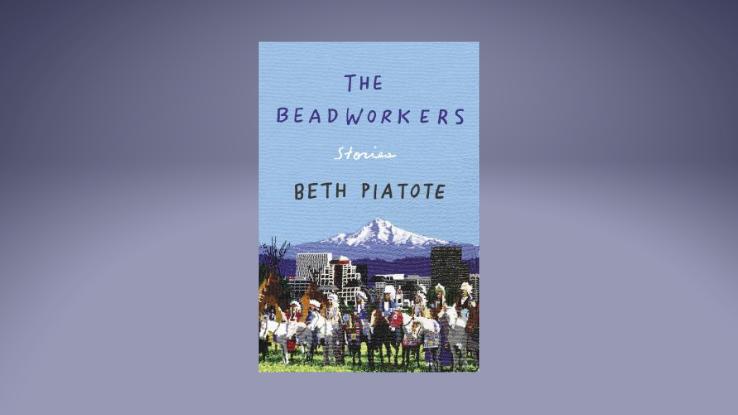
One of Piatote's narrators notes that, "information technology's surprising how much material can exist mined from making Indian versions of things" and, in other stories, Piatote does simply that, retelling classical stories, like Sophocles' Antigone, from an Indigenous perspective. With vibrant characters and a beautiful mix of both poesy and prose, Piatote's debut is a must-read collection — and we can't await to read more of her stories in the future.
"The But Good Indians" past Stephen Graham Jones
Stephen Graham Jones (Ledfeather) wrote one of the 2020's well-nigh highly predictable horror novels — and all that anticipation certainly paid off. The Only Good Indians centers on the tale of four babyhood friends who grow upward, move away from home and and so, a decade later, discover that a vengeful entity is hunting them for an act of violence they committed long ago.
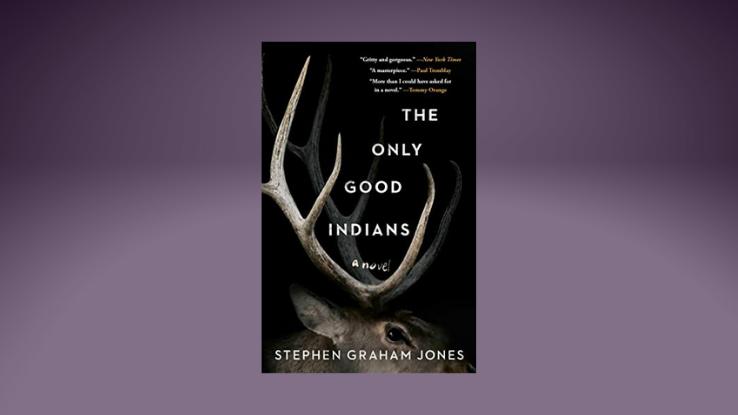
The novel combines horror, drama and social commentary quite flawlessly, proving NPR's argument that "Jones is one of the best writers working today regardless of genre." Rebecca Roanhorse, the bestselling author of Trail of Lightning, wrote that "Jones boldly and bravely incorporates both the difficult and the beautiful parts of gimmicky Indian life into his story, never once falling into stereotypes or easy answers but also not shying away from the horrors acquired by cycles of violence."
"An Indigenous Peoples' History of the United States for Young People" past Roxanne Dunbar-Ortiz
Undoubtedly, understanding our commonage history is essential to understanding our present. For example, the movements to abolish Columbus Twenty-four hour period or terminate Line 3 stalk from how the offset colonizers treated Native people and the state we all live on today. Today, there are more than 500 federally recognized Indigenous nations; roughly three one thousand thousand people comprise these nations, but, before the centuries-long genocide by white colonizers, 15 million Indigenous people lived on land that's the present-mean solar day U.S.
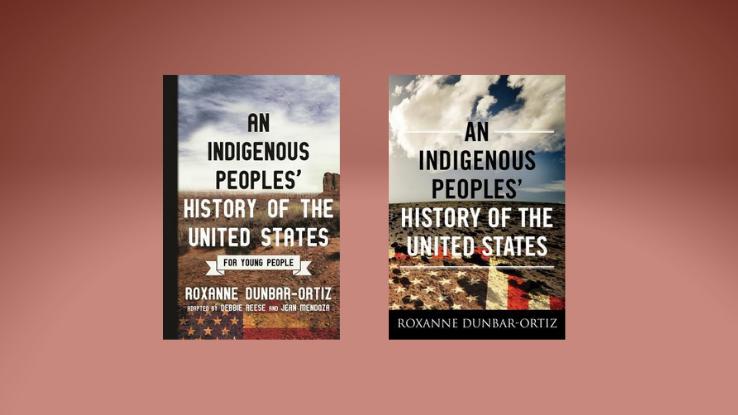
In An Indigenous Peoples' History of the United States, historian and Indigenous rights activist Roxanne Dunbar-Ortiz tells the story of the U.Due south. empire'south rise from an Indigenous perspective — a landmark showtime. Dunbar-Ortiz's 2015 bestseller was later adjusted, with the help of Jean Mendoza and Debbie Reese, into a volume aimed at eye-grade and young-adult readers.
Whether you're reading ane of these books yourself or looking to outset a give-and-take with younger students, these texts allow readers to think critically and examine the manner nosotros learn almost our history. Filled with archival images and maps, An Indigenous Peoples' History of the United States for Young People does an uncommonly skillful chore of highlighting 400 years of Indigenous peoples' resistance and resilience in the fight against colonialism.
"Streaming" by Allison Adelle Hedge Coke
Award-winning poet Allison Adelle Hedge Coke explores loss, retentiveness and the futurity of our planet in this multi-award-winning collection. Joy Harjo, the U.S. National Poet Laureate, noted that the poems in Streaming are "the songs of righteous anger and utter dazzler."
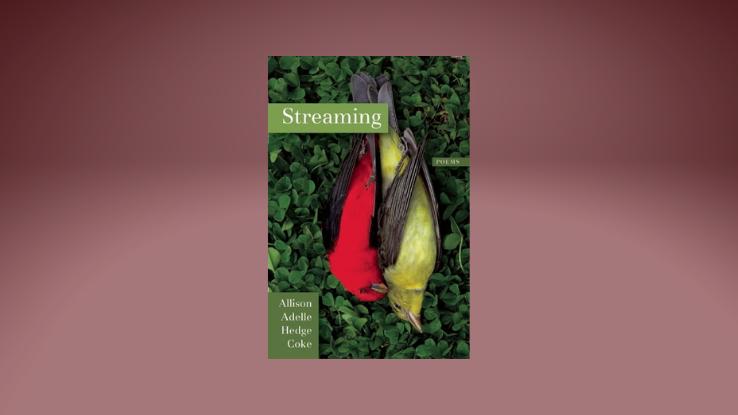
Lauded for her musicality, Hedge Coke uses structure and imagery to groovy outcome, crafting poems that are singular. "Hedge Coke uproots the order of verse and song," Jennifer Martelli writes in Greenish Mountain Review "— or, she finds its massive roots deep beneath the soil of America."
"Feed" by Tommy Pico
Tommy Pico has won the Whiting Award, an American Book Award, and was a Lambda Literary Award finalist. Now, Feed completes his Teebs Cycle, a series of four books. This riveting collection is ambitious, to say the least, and tackles everything from popular civilisation to food to being friends with your ex.
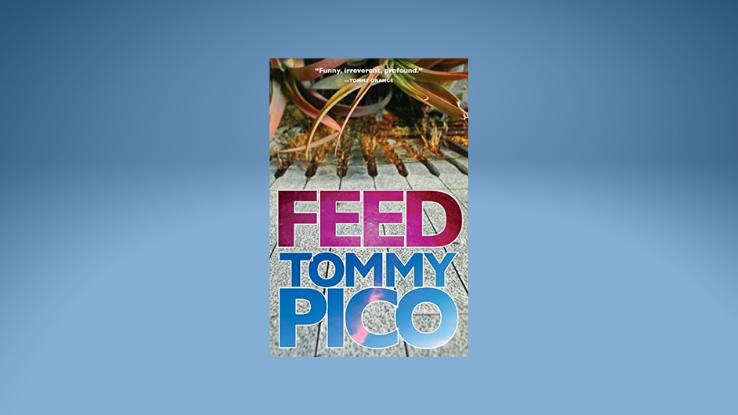
Shelf Awareness chosen it "a dazzling fusion of culture," noting that "Feed is as much virtually what we consume as how we swallow. Pico's lines are ever-growing, always-expanding. And while we might seem lost in the abundance, the sheer variety, Pico is a skilled enough poet to footing us."
kolodziejhomplaine.blogspot.com
Source: https://www.ask.com/culture/books-by-indigenous-writers?utm_content=params%3Ao%3D740004%26ad%3DdirN%26qo%3DserpIndex
0 Response to "Acknowledgement Poets and Writers Readings Series Grant This Event Is Funded"
Post a Comment